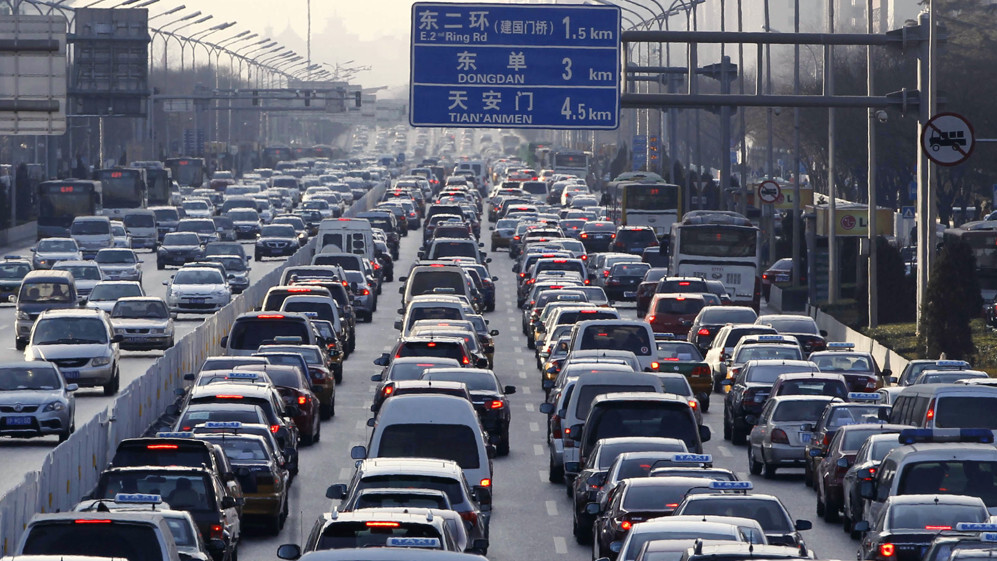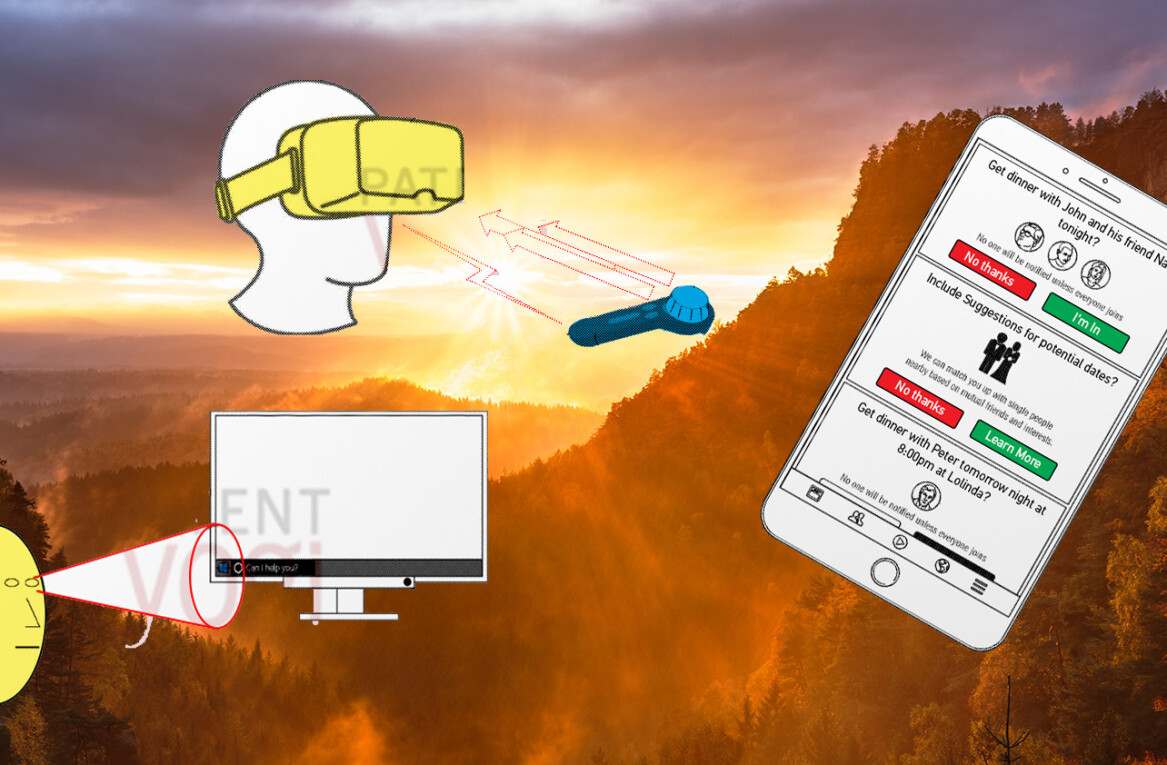
Every road in the world reveals a universal problem: there are too many cars. Upon further observation, it quickly becomes apparent that there are also a lot of empty seats in these vehicles. Waze Carpool is attempting to reduce cars on the road by connecting riders and drivers with similar routes to commute together to solve the issue.
A greener, more affordable commute using technology to bring people together was much more than just a pipe dream or well-intended idealism. The app was a big hit last year in Texas and Louisiana after Hurricane Harvey wreaked havoc on locals. Anyone with an open seat had the opportunity to help a fellow Waze Carpool user heading in the same direction.
However, the big difference between Uber and Waze Carpool drivers is that good-hearted Wazers do not earn a salary. To help support drivers, Waze has teamed up with Payoneer. The cross-border payments company will help riders who use the app to pay their driver up to the federal mileage rate to cover the cost of gas and wear and tear of their vehicle.
Waze has come along way since its acquisition by Google in 2013 and currently boasts over 90 million users around the world. The latest collaboration also perfectly aligns with Google’s new motto of ‘Do the right thing’. Are we beginning to see the beginning of technology projects that bring people together rather than divide them?
When I asked Josh Fried, head of Waze Carpool, why they have partnered with Payoneer, he replied: “So drivers have one less thing to worry about, and they get reimbursed on time, every time.”
We’re making it easy and fun for people to commute together and save time and money while reducing the strain on the roads and the environment. We know carpoolers are busy folks, so the payment experience should be seamless and pain-free.
To bring this service to life, the Waze team needed to find a payment provider capable of rising to the challenge of meeting their ambitious and unique requirements. Ideally, they wanted to enable seamless mobile payments for a smooth user experience. But, they also wanted to offer commuters a genuinely local experience, so fees needed to be quickly withdrawn from a local bank account, in the driver’s local currency.
However, the protection of their users’ data and compliance with all the legal and fiscal regulations was their biggest priority. Looking at their increasingly long list of requirements, they even questioned if a provider existed that could tick all of the boxes they needed to make the project a success.
When selecting a payment provider, we need to ensure that they are tightly regulated and that their data protection protocols meet Google’s strictest standards. At the same time, it’s crucial that the payment process is convenient, highly localized, and 100% mobile.
The goal to help connect commuters that live and work near each other sounds much simpler on paper than making it a reality. However, Waze’s mission to connect local communities through a global network perfectly complements Payoneer’s mission to connect the digital economy.
Scott Galit, CEO of Payoneer, told me that “creating a fully mobile and integrated payment solution that would meet their high expectations was a challenge we were excited to take on.” It seems that the colliding ideologies of both Waze Carpool and Payoneer should complement them both in what appears to be a perfect fit and natural collaboration.
However, the project still has a long way to go until there are fewer cars on the road and we start to utilize those empty seats. For that to happen, we need an entire culture change. In an evolving on-demand digital era, it’s how we view the role of the car, our environment, and each other that will ultimately hold the keys to its future success.
Get the TNW newsletter
Get the most important tech news in your inbox each week.





